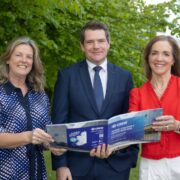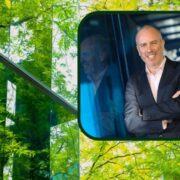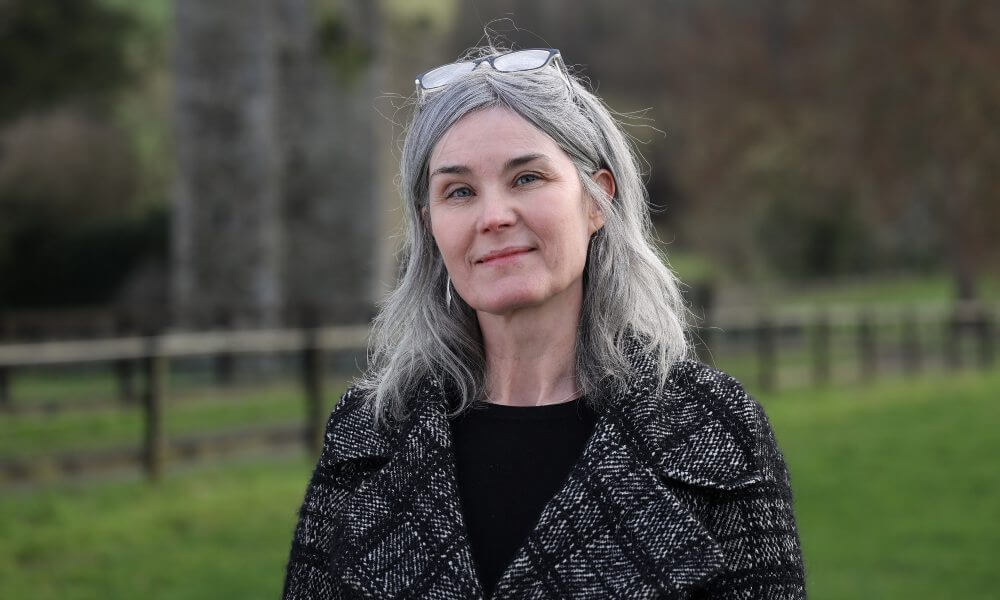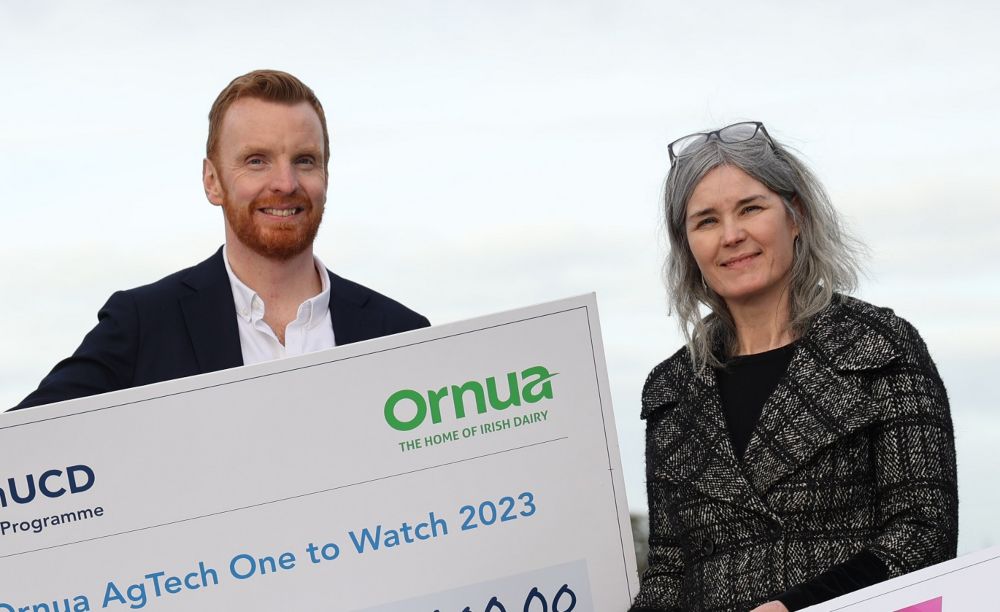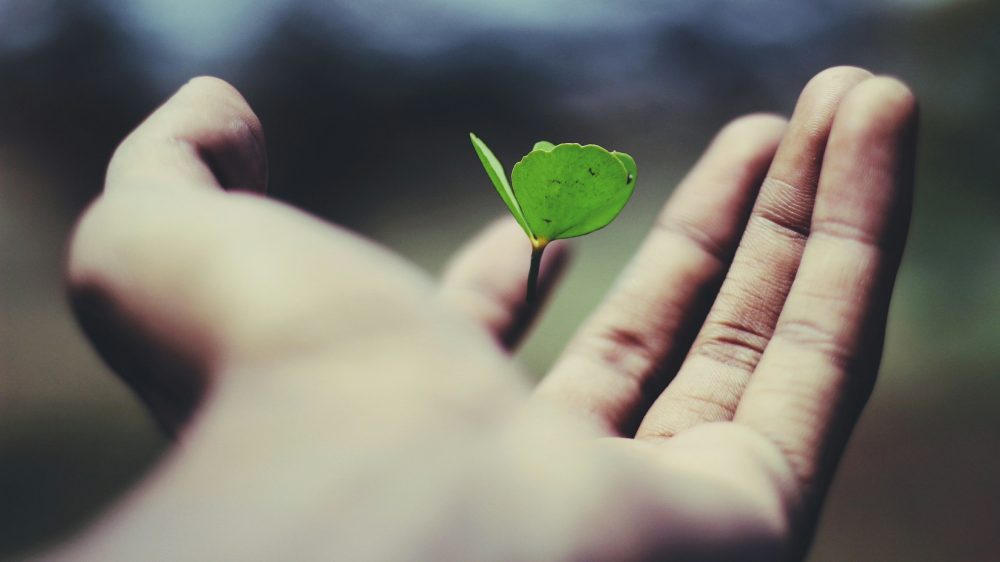MyGug’s renewable energy system turns food waste into cooking gas and plant nutrients.
Irish green technology innovator MyGug has installed its innovative food waste-to-energy system at Airfield Estate in Dublin, showcasing how climate action and sustainability work in practice.
The system uses anaerobic digestion through a unique small digester technology to generate renewable energy from unavoidable food waste, significantly reducing greenhouse gases and carbon emissions.
“This is circularity at work – creating resilient micro circular economies where food waste is converted to renewable energy for cooking and growing”
According to MyGug, just 1.5kg of food waste, including plate waste and liquids, can generate up to 10 hours of cooking time per week, while 5.5kg produces more than 20 hours per week.
Made in Ireland
Designed and manufactured in Ireland, the MyGug product series ranges from micro to maxi models. The technology is suitable for schools, universities, and businesses looking to reduce their carbon footprint and increase resource efficiency.
“It’s fantastic to showcase MyGug at Airfield Estate,” said Fiona Kelleher, CEO and co-founder of MyGug. “Our green digester technology combines practical research and active learning with positive climate action to reduce carbon emissions from food waste while creating a valuable resource.”
Kelleher explained that the technology addresses multiple Sustainable Development Goals, including affordable clean energy (SDG7), innovation and infrastructure (SDG9), sustainable communities (SDG11), responsible consumption (SDG12), and climate action (SDG13).
“This is circularity at work – creating resilient micro circular economies where food waste is converted to renewable energy for cooking and growing,” she added.
On-site renewable energy generation
Airfield Estate, a centre of lifelong learning set on a farm and gardens in Dublin, works with educational institutions from early childhood care through third-level education, building knowledge around food sustainability, seasonality, growing, and cooking.
Claire McEvilly, CEO at Airfield Estate, expressed enthusiasm about the new installation: “We are thrilled to have a MyGug here at Airfield Estate enabling the generation of renewable energy on-site and enhancing our education offering. We can show our visitors that food waste is not just waste but is also a resource.”
“This is an important part of our journey to becoming Dublin’s sustainable food hub, helping people understand all elements of food sustainability,” McEvilly said.
Growing educational impact
MyGug digesters are already installed in several schools in Cork as well as third-level institutions across Ireland and the UK, supporting positive outcomes for staff and students in sustainability, circularity, and climate action.
Beyond producing cooking gas, the system generates valuable plant liquid for growing and gardening.
This liquid further offsets carbon by returning it to the soil through carbon sequestration.
Main image: Fiona Kelleher, CEO, MyGug with students from St Tiernan’s Community School, Rosalie Gottsknecht, Rachel Olivia Berry and Ishaan Ramchurn, and Kieran Coffey, CTO, MyGug
-
Bank of Ireland is welcoming new customers every day – funding investments, working capital and expansions across multiple sectors. To learn more, click here
-
For support in challenging times, click here
-
Listen to the ThinkBusiness Podcast for business insights and inspiration. All episodes are here. You can also listen to the Podcast on:
-
Spotify
-
SoundCloud
-
Apple

